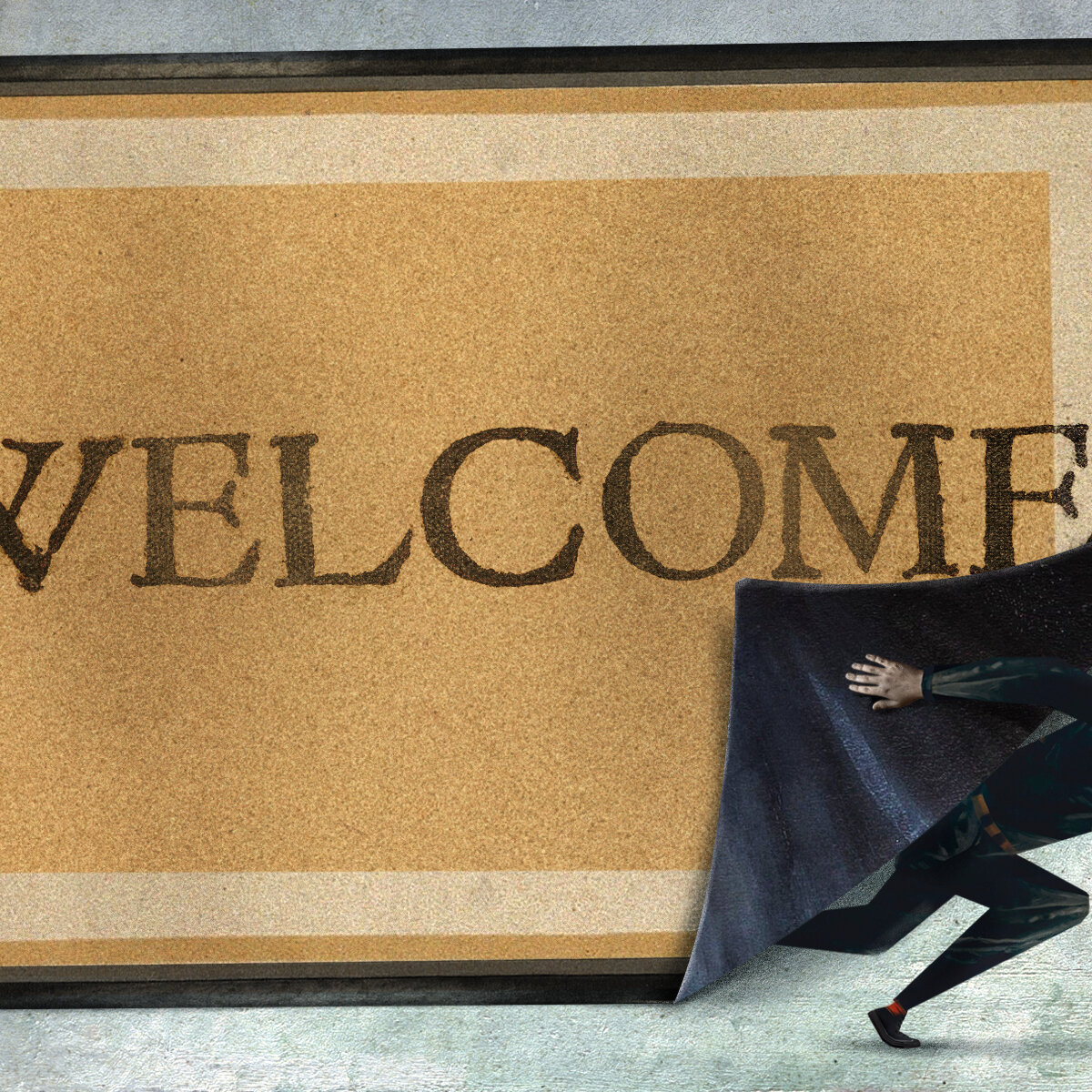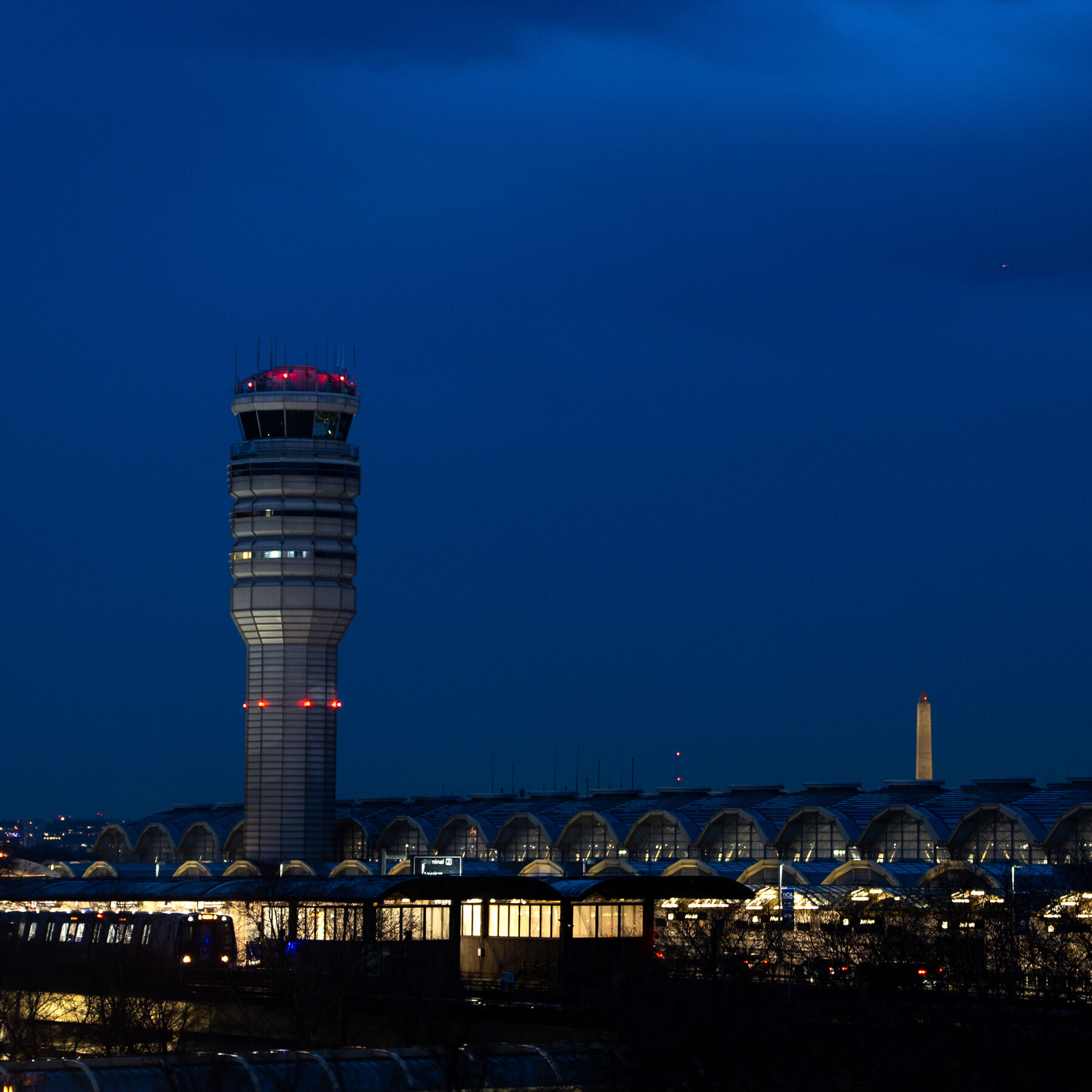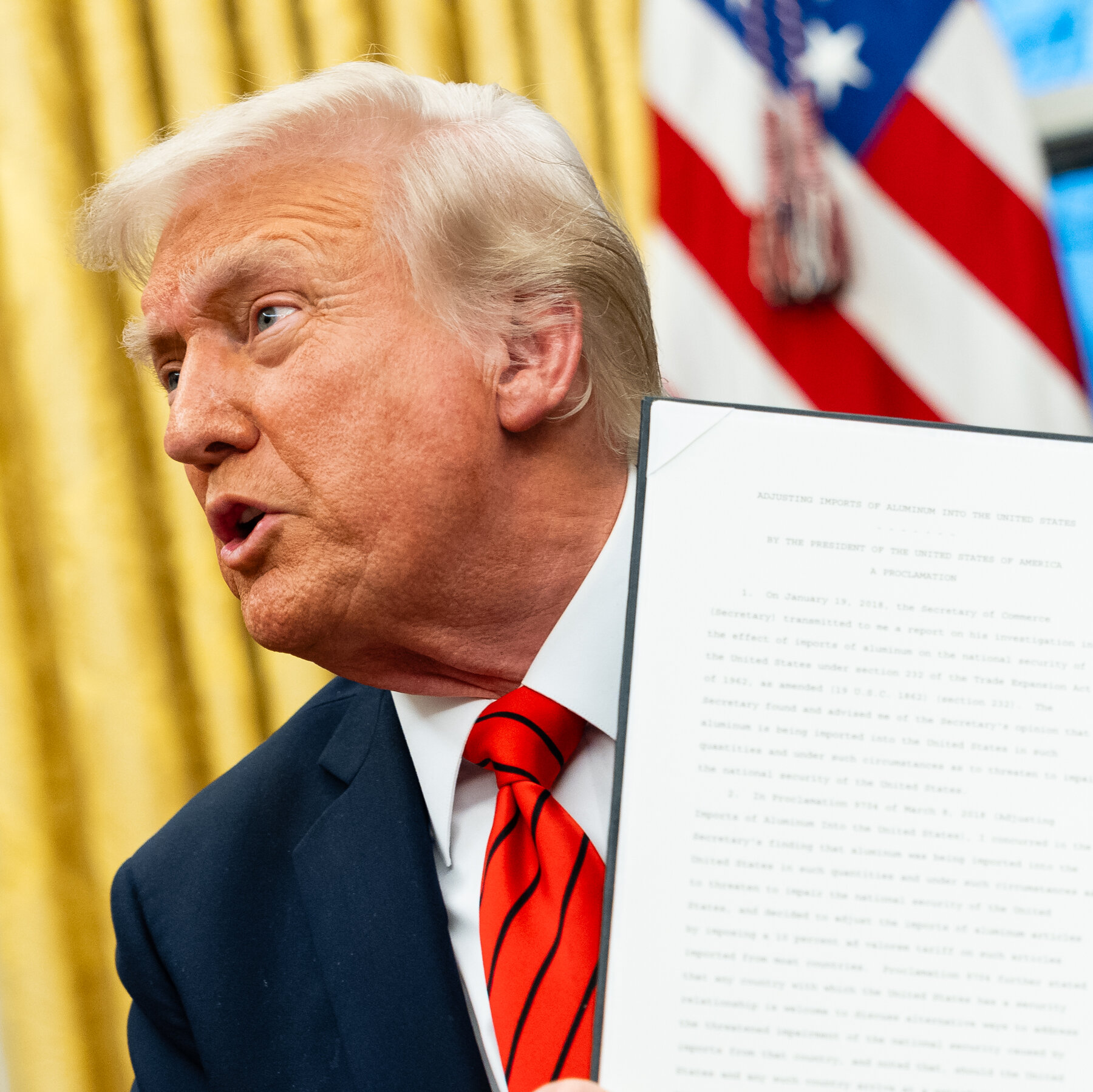Facial recognition, Social media, Surveillance, UK civil liberties, Technology, UK news, Law Business | The Guardian
Live facial recognition can seem like a solution to criminality. But it magnifies injustice, and violates our civil liberties Far-right riots may not be the calmest moment for a reasoned debate about the regulation of big tech, but the eruption of racist violence in England and Northern Ireland raises urgent questions about the responsibilities of social media companies, and how the police use facial recognition technology. While social media isn’t the root of these riots, it has allowed inflammatory content to spread like wildfire and helped rioters coordinate. Keir Starmer has pledged to address online impunity and increase the use of live facial recognition technology. We should applaud the former but be very wary of the latter idea.Both technologies have profound implications for democratic accountability. Take social media. We are used to the adage that what’s illegal in the real world is illegal in the virtual universe too. But in practice, years of cuts to the justice system have left it ill equipped to deal with the growth in racist and inflammatory content online. Explicit violent threats, and incitements to violence, have gone unpoliced, and dangerous and deliberate misinformation has spread. Both can be weapons used by hostile actors, including enemy states. Continue reading…
Live facial recognition can seem like a solution to criminality. But it magnifies injustice, and violates our civil liberties
Far-right riots may not be the calmest moment for a reasoned debate about the regulation of big tech, but the eruption of racist violence in England and Northern Ireland raises urgent questions about the responsibilities of social media companies, and how the police use facial recognition technology. While social media isn’t the root of these riots, it has allowed inflammatory content to spread like wildfire and helped rioters coordinate. Keir Starmer has pledged to address online impunity and increase the use of live facial recognition technology. We should applaud the former but be very wary of the latter idea.
Both technologies have profound implications for democratic accountability. Take social media. We are used to the adage that what’s illegal in the real world is illegal in the virtual universe too. But in practice, years of cuts to the justice system have left it ill equipped to deal with the growth in racist and inflammatory content online. Explicit violent threats, and incitements to violence, have gone unpoliced, and dangerous and deliberate misinformation has spread. Both can be weapons used by hostile actors, including enemy states.










